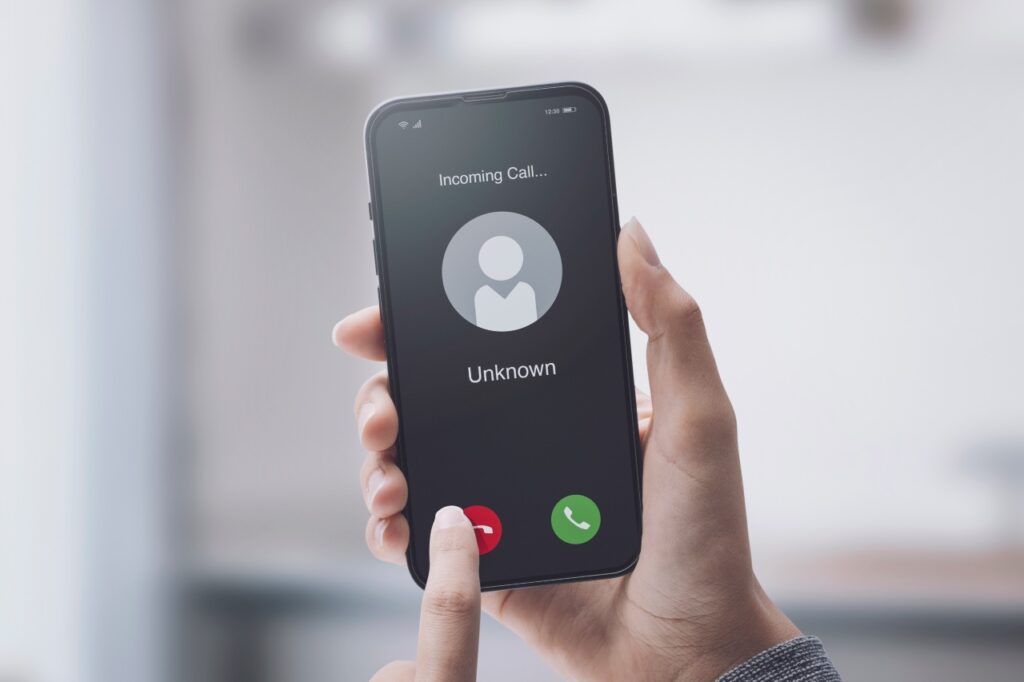In today's digital age, privacy is more important than ever. With the rise of telemarketing, spam calls, and identity theft, many individuals seek ways to keep their phone numbers private. Whether you want to shield your personal information from unknown callers or simply wish to maintain a level of anonymity, understanding how to private phone number is essential. In this article, we will explore various methods, tools, and best practices to help you protect your phone number effectively.
As we delve deeper into the nuances of phone privacy, we will cover everything from basic techniques to advanced solutions. By the end of this article, you will have a solid understanding of how to keep your phone number confidential in various situations. We will also provide tips on choosing the right methods based on your needs and lifestyle.
Whether you're a business owner looking to protect your work number or an individual who values their privacy, this guide will equip you with the knowledge necessary to secure your phone communications. Let’s get started on your journey to a more private phone experience!
- Bob Saget Movies And Tv Shows A Comprehensive Guide To His Career
- Furever Brush The Ultimate Solution For Pet Grooming
Table of Contents
- Understanding Phone Privacy
- Why Keep Your Phone Number Private?
- Methods to Private Phone Number
- Using Privacy Apps
- Setting Up Call Forwarding
- Temporary Phone Numbers
- Best Practices for Phone Privacy
- Conclusion
Understanding Phone Privacy
Phone privacy refers to the measures taken to protect the personal information associated with your phone number. This includes preventing unauthorized access, minimizing unwanted communications, and safeguarding sensitive data. Understanding the importance of phone privacy is crucial in today’s hyper-connected world.
Why Keep Your Phone Number Private?
Keeping your phone number private can serve several purposes:
- Preventing Spam Calls: One of the most common reasons people seek to keep their numbers private is to avoid spam and telemarketing calls.
- Protecting Personal Information: Your phone number can be a gateway to your personal information, making it essential to keep it confidential.
- Maintaining Anonymity: In certain situations, such as online transactions or social interactions, you may wish to remain anonymous.
- Avoiding Scams: Scammers often use phone numbers to perpetrate fraud, making it important to protect your number.
Methods to Private Phone Number
There are various methods to keep your phone number private. Here are some effective strategies:
- When Is Stranger Things Season 5 Coming Out Everything You Need To Know
- Exploring The Life And Career Of Usher Raymond A Musical Icon
1. Use Caller ID Blocking
Most phone service providers offer the option to block your number from being displayed on the recipient's caller ID. This is a simple yet effective method for maintaining privacy.
2. Change Your Settings
On many smartphones, you can adjust your settings to prevent your number from being shown. For example:
- iPhone: Go to Settings > Phone > Show My Caller ID and toggle it off.
- Android: Go to Phone app > Menu > Settings > More > Caller ID and choose “Hide number.”
Using Privacy Apps
There are several apps available that can help you maintain your privacy when making calls. Some popular options include:
- Burner: Create temporary phone numbers for various situations.
- Hushed: Get a second number that you can use without revealing your primary phone number.
- Google Voice: Obtain a free phone number that can be used for calls, texts, and voicemail.
Setting Up Call Forwarding
If you prefer to keep your personal number private, consider setting up call forwarding to a secondary number. This way, calls made to your main number can be rerouted to another line, enhancing your privacy.
Temporary Phone Numbers
Temporary phone numbers can be a great solution for maintaining privacy. You can use them for specific purposes, such as online dating or business transactions, without exposing your primary number. Services like Twilio and TextNow offer this functionality.
Best Practices for Phone Privacy
To further enhance your phone privacy, consider these best practices:
- Be Cautious with Sharing: Only share your phone number with trusted individuals and organizations.
- Use Two-Factor Authentication: Enabling two-factor authentication on your accounts can add an extra layer of security.
- Regularly Update Your Privacy Settings: Review and adjust your privacy settings on social media and other platforms regularly.
- Report Unwanted Calls: If you receive spam or scam calls, report them to your service provider.
Conclusion
In conclusion, keeping your phone number private is essential in today's digital landscape. By understanding the methods available to you, such as using caller ID blocking, privacy apps, and temporary numbers, you can take proactive steps to protect your personal information. Remember to be cautious when sharing your number and regularly review your privacy settings to maintain control over your communications.
We encourage you to take action today by implementing these strategies to safeguard your phone number. If you found this article helpful, please leave a comment below, share it with others, and explore more of our content for additional tips on maintaining your privacy online.
Thank you for reading, and we hope to see you back for more insightful articles on privacy and security!
- Understanding The May 6 Sun Sign Traits Compatibility And More
- Does Towanda Braxton Have Cancer Unraveling The Truth Behind The Rumors


